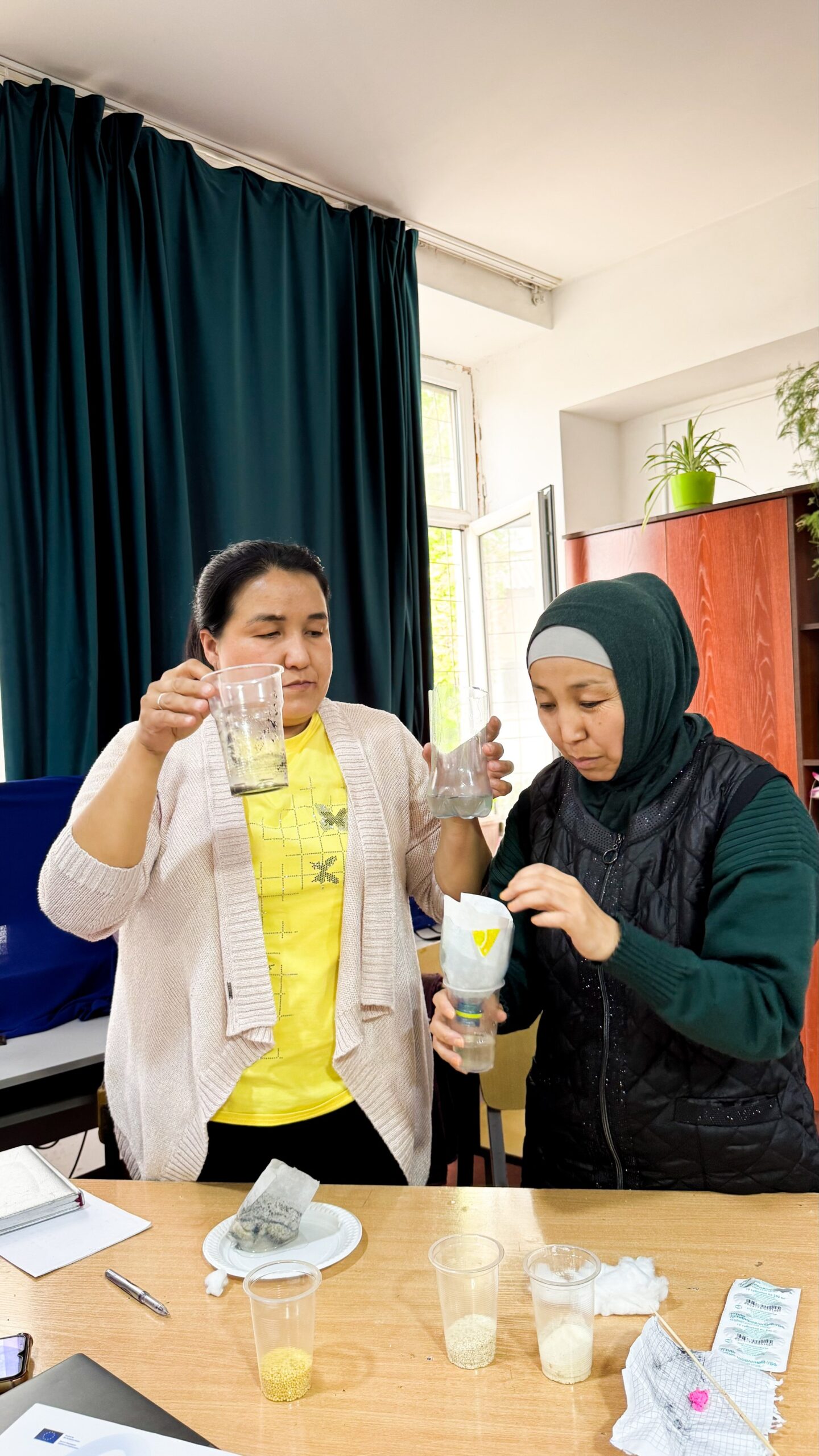Project Overview
Digital divide is the new face of inequality. Lack of Internet access reduces paths to a world of information available online, and limits the potential to learn and grow, all of which contribute to the digital divide. A digital poverty map for Kyrgyzstan revealed that poorer communities have no or slower internet and fewer cell towers. Poorer communities tend to be rural, remote, and sparsely populated, which makes the cost of deploying broadband networks higher and the returns more uncertain for private service providers, leading to underinvestment and lower quality of services. To succeed in “Leaving no one behind”, as established in SDG 2030 Agenda, there is a need to ensure necessary actions to provide rural students with appropriate and secure access to the Internet. Today more than ever, there is a demand to strengthen local infrastructure to ensure that connectivity is more widely available. The requested assignment intends to gain experience, explore innovative ideas, and document case studies to help communities address this issue. Discussions and consultations need to look at ways to better understand the school connectivity landscape and requirements, evaluate the benefits of different technologies for different environments, and analyse business and financial models, as well as suitable content articulating connectivity with quality, safe, and inclusive learning. Using rural schools as an access point to provide meaningful connectivity to communities and citizens is another key driver behind the efforts of the assignment. It gives an opportunity to address the issue of education and connectivity both at school and at community as well as build on outcomes and capitalize on the momentum for technology in education to ensure that connectivity is a driver for inclusive and gender-equal learning, employability and livelihoods especially for the most marginalized.
While lack of access to the internet does not preclude children from obtaining an education, the absence of the learning opportunities that connectivity enables can serve to further widen the gap in outcomes for children with and without access. According to researchers, improvements in access to the internet and digital tools in schools—in tandem with other measures which enable the effective use of these tools, such as access to devices, the availability of relevant content, and the provision of support to teachers and students to effectively integrate technology into educational practice—holds the potential to equalise opportunities at an early age which proliferates throughout childhood and adulthood—bringing not only benefits at an individual level but also to society. Online connectivity provides learners, teachers and administrators with access to new resources and pedagogical tools; it also provides them with state of the art knowledge and instruction methods, as well as with new trends in administrative processes, and teacher training.
A lot of studies relevel that if locations with no or below average connectivity levels could increase their connectivity to the appropriate level and supplement this with the right policies and programmes to integrate technology in education, they could see increased GDP in the long-run.
The project will contribute to improve digital connectivity of unserved/underserved rural schools to curb digital divide.
Improved Connectivity
Improve connectivity in at least 10 rural schools from Batken and Osh regions with coverage of approx. 10,000 students and 350 teachers;
Provide access to sufficient Internet speed to selected schools;
Integrate daily internet speed monitoring app in selected schools to monitor Internet speed in real-time.
Increased Digital Skills
Provide educational materials/video-lessons focused on digital skills and STEAM development;
Conduct training sessions for students and teachers on using digital tools effectively.
Community and Economic Development
Support to promote partnerships with local authorities and potential investors on digital initiatives and possible start-ups.
This project as part of the EU funded project “Last-mile connectivity to promote digital- green education opportunities” (2024-2025). The EU project aims to bridge the digital divide in Kyrgyzstan by developing opportunities for digital “green” education through last-mile connectivity. The project involves data collection to identify underserved groups, analyzing technologies and educational solutions to determine the most suitable internet connections and STEAM education, and measures for their implementation. The project will particularly focus on developing “green” skills within the STEAM framework, financial sustainability of solutions, and connecting schools as knowledge hubs for the entire community. The main objectives include providing internet connectivity to improve the educational environment and quality of education, as well as supporting universal, equitable, and inclusive digital access.
Related posts and articles
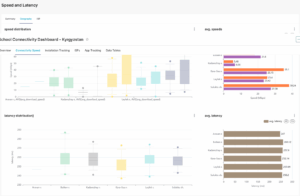
Тестирование GIGA Meter в пилотных школах Кыргызстана
The Internet Society Kyrgyzstan Chapter, working with the Ministry of Education and Sciences and the GIGA Global Team, has completed connectivity assessments at ten pilot schools in

В средней школе села Кара-Дыйкана Узгенского района установлен инновационный золоуловитель
В средней школе №7 имени Тагая Ташмаматова, расположенного в селе Кара-дыйкан Узгенского района Ошской области установили инновационный промышленный золоуловительный фильтр для угольной печи, который удерживает до 98%
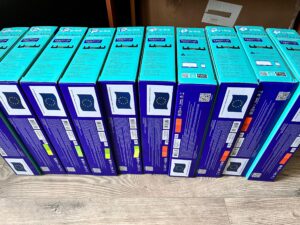
Результаты мониторинга интернет-подключения сельских школ (апрель 2025)
After the completion of software and conducting some advocacy campaigns with the stakeholders, we have travelled to pilot schools, tested existing quality of internet speed before and

STEM-тренинги для учителей Лейлекского района Баткенской области
High in the mountainous terrain of Leylek district, the village of Chimgen became an unlikely epicenter of educational innovation on April 24, 2025. At the School named
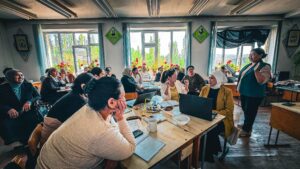
STEAM тренинги для учителей в городе Кадамжай Баткенской области
In the bustling educational hub of Kadamzhay, a transformative day unfolded on April 23, 2025, as dedicated educators from three dynamic cities—Kyzyl Kiya, Bujum, and Batken—converged at
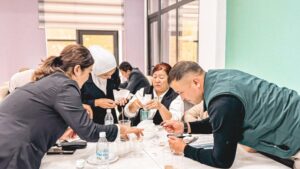
Тренинги по STEM для учителей из Ошской области
On April 22, 35 dedicated teachers from pilot schools across the Osh oblasty gathered in Osh city for an intensive one day mastercalls that would fundamentally transform
Map of pilot schools in the Batken and Osh oblasty
Project Youtube videos
